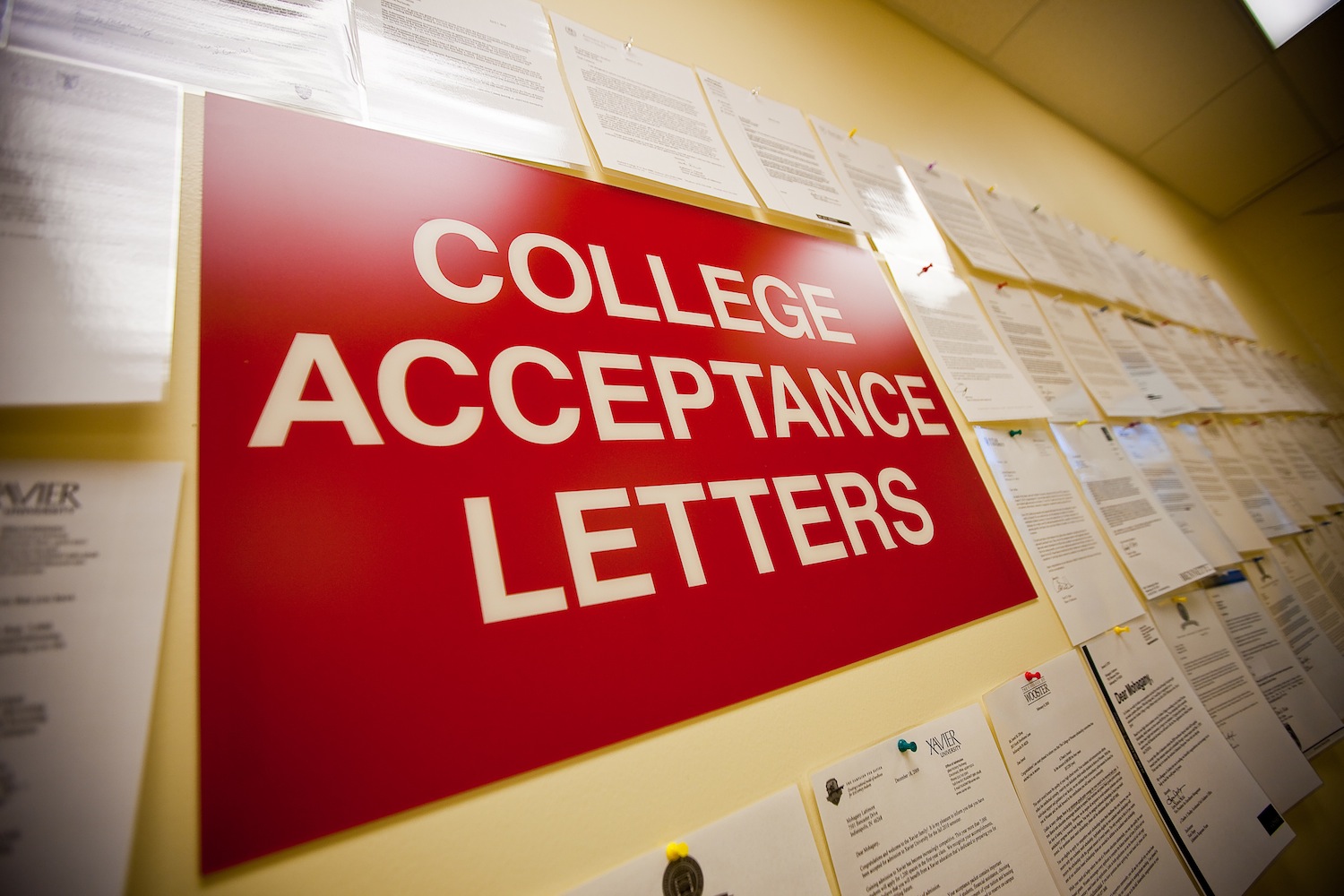The Biggest Challenge is yet to Come—Choosing which School You Want to Attend
So you thought the hardest part of the admissions process was getting into school? Think again! Now that you are holding college acceptance letters in your hands, life just got more complicated. This is even truer if you have been accepted to more than one school.
Now that they have chosen you, you have to decide who you are going to choose.
Selecting the right school is important because your goal is to find the campus, a place where you will spend the next four years of your life.
So if the costs are comparable, here are some tips to help guide you through this conundrum:
- If you are focused on finding the path to financial success, there might not be a correlation between going to a top school and earning more money when you graduate. If you apply yourself, you will find future success, no matter where you attend. So, don’t just look at rankings, consider where you will succeed and be happy, in every sense.
- If you think you might want to get a masters or doctorate degree after you finish undergrad, you should research whether the school has a solid track record for sending its students onto grad school and if so, where and to what types of programs. Interesting fact— the small liberal arts college of Reed sends a higher percentage of its graduates onto masters programs than either Harvard or Princeton.
- To check the pulse of the schools you are interested in possibly attending, take a look at their websites to peruse their on campus publications like student run newspapers and community blogs. This is a great source to gather information on what is happening on campus, what is important to the study body and how the university administration reacts to its students and their concerns. Believe it or not, this has a great bearing on your campus experience.
- Look at independent websites like unigo.com, collegeprowler.com and studentsreview.com because they are another good source of student opinion and provide a slightly different or more objective perspective.
- Since you are not merely looking for a place to study, but for a community and for an exciting social life, you need to identify a school where you will be happy and can succeed both inside and outside the classroom. If having an international community is important to you, make sure you find a school with that type of diversity or if you tend not to like a big party scene, you might want to look for a school where sororities and fraternities are not the centerpiece of social life.
- The best way to compare and contrast schools is by visiting them. So, if that is a possibility, you should visit the campuses in which you are most interested. And while there, make it your priority to connect with students, attend a class and stay overnight in the dorms. Most importantly, ask yourself: if the students you are meeting are “your kind of people”; could you see yourself spending four years on the camps; and do you feel at ease and comfortable in your own skin.



